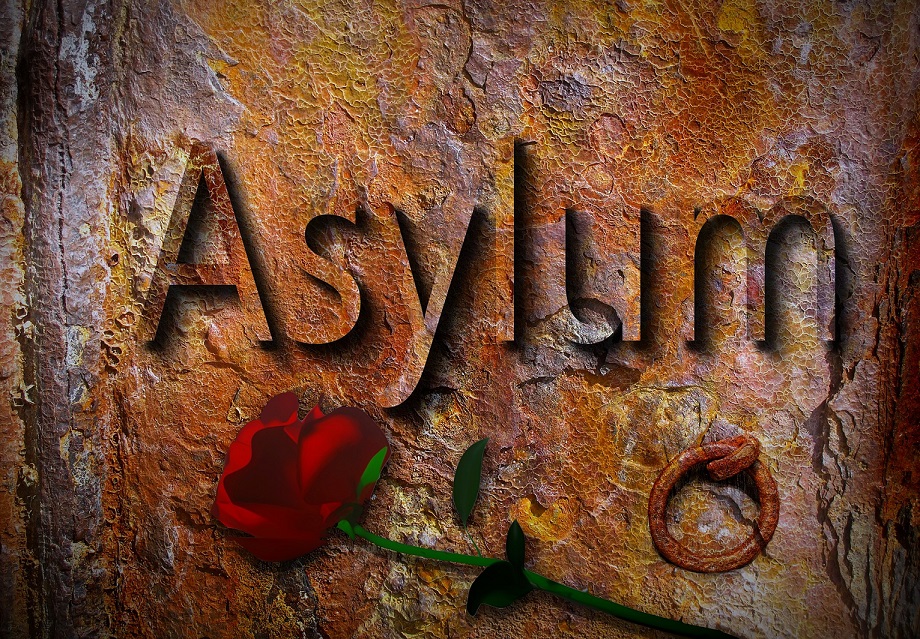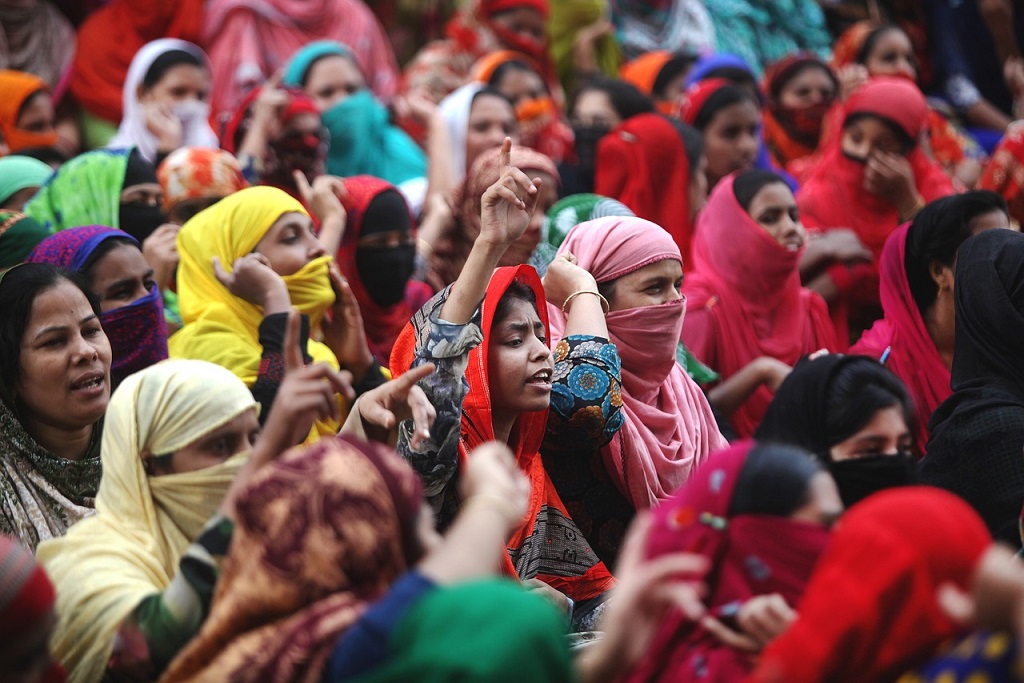Saiba Haque’s early adulthood has been defined by her various encounters with the Home Office, few of them positive. Her life in the United Kingdom on a student visa changed drastically when she became an asylum seeker. Now she’s finally been granted leave to remain – via an unexpected route.
 Mizy Judah Clifton
Mizy Judah Clifton
24 year-old Saiba Haque’s story of settling in the UK is quite different to that of other migrants.
Saiba first arrived in this country nine years ago with her mother and sister, initially on a student visa.
But her already-difficult relationship with her mother eventually became so fraught that Saiba was told she was no longer welcome in their East London home. With no safe prospect of returning to her native Bangladesh – she was unable to reach out to other relatives “because they were scared of harbouring someone who had a bad reputation” – Saiba had no choice but to spend a few months surfing different friends’ sofas, until a solicitor recommended she seek asylum.
Saiba is bisexual, though she sees her atheism as primarily what would make her vulnerable were she to ever go back to Bangladesh.
“There’s been a growing concern about religious fundamentalism in Bangladesh, to the point where societal expectations are so warped that even associating with a person who happened to be an atheist or actively atheist would make them a target”, she explains.
 The uphill battle of navigating a dizzying bureaucratic regime took its toll on Saiba, who was in the midst of completing her A Levels when she first registered for asylum seeker status in 2018.
The uphill battle of navigating a dizzying bureaucratic regime took its toll on Saiba, who was in the midst of completing her A Levels when she first registered for asylum seeker status in 2018.
“You’re 18, and dealing with British bureaucracy for the first time in a way you’ve never had to before. It’s really, really just so scary dealing with forces like that”, she says.
She says she was “literally about to start a mock exam” and remembers the Home Office “just hounding” her phone, calling over and over again. “When I was finally able to pick up, they were so angry. They were like, ‘you’re going to stay in this country and you can’t even pick the phone up? Next time you don’t pick up, we’re going to send the police’”.
And that fear of being called to answer to the Home Office – both literally and figuratively – further plagued Saiba throughout her studies at the University of Bristol.
“I’ve known a few other asylum seeker peers who had their education disrupted due to inaccurate decision making by the Home Office and I was scared of such an outcome for myself,” she says.
 Post-graduation, Saiba received a surprise letter that notified her of a hearing just three days later she was obligated to attend – and panicked.
Post-graduation, Saiba received a surprise letter that notified her of a hearing just three days later she was obligated to attend – and panicked.
With no time to prepare, Saiba managed to connect with a solicitor via her father, who she had recently contacted after years of estrangement.
Against the backdrop of then-Home Secretary Suella Braverman’s derisive comments about LGBTQ+ refugees, combined with the Conservative Government’s intention to press ahead with its infamous Rwanda resettlement policy, Saiba was urged to instead apply for an Unmarried Partner Spousal Visa on the grounds that she had been living with her boyfriend for more than five years.
Saiba soon noticed what she calls a “jarring difference” between how asylum claims are processed in comparison to other applications, particularly with regard to the human attention to detail – or lack thereof.
“Some of them were emails that were actually sent by a [real] person to check in on certain criteria, which is very different to what I faced when I was an asylum seeker”, she explained.
Finally granted leave to remain, Saiba hopes to travel – something so long denied by virtue of her migration status.
 “I’m almost 25 and I have never travelled in my very formative years of becoming an adult… Of course I had more priorities to worry about. It would be impossible, though, not to hope for something nice to happen, to keep on hoping and hoping that something good would come out of it. And I’m so glad that something finally has, but it’s not going to be like that for everyone. It does break my heart. The system is so broken here”.
“I’m almost 25 and I have never travelled in my very formative years of becoming an adult… Of course I had more priorities to worry about. It would be impossible, though, not to hope for something nice to happen, to keep on hoping and hoping that something good would come out of it. And I’m so glad that something finally has, but it’s not going to be like that for everyone. It does break my heart. The system is so broken here”.
(Photos: Pixabay)












.jpg)












